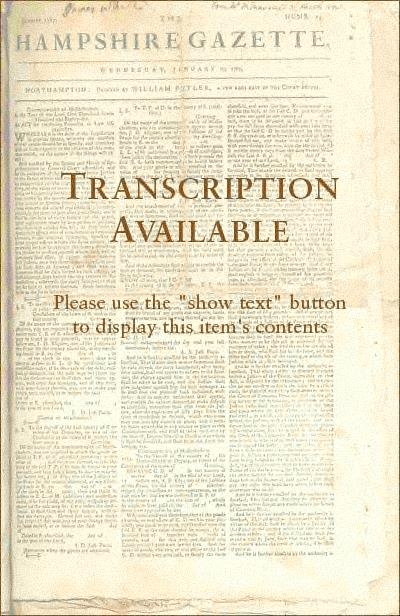




Advanced Search
| Online Collection |
|
|||||||||||||||||||||
|
The United States Constitution states that "No Person held to Service or Labor in one State, under the Laws thereof, escaping into another, shall, in Consequence of any Law or Regulation therein, be discharged from such Service or Labor, but shall be delivered up on Claim of the Party to whom such Service or Labor may be due." (Article IV, Section 2, Clause 3) In order to enforce this clause, Congress passed the Fugitive Slave Act of 1793 which established the mechanism by which escaped slaves could be captured and returned to their owners, no matter what state they were found in. In 1837, a man named Edward Prigg was hired to go from Maryland to Pennsylvania to capture a black woman named Margaret Morgan, and to bring her and her children back to Maryland. The court in Pennsylvania found Prigg guilty of breaking an 1826 law that prohibited anyone from taking "any negro or mulatto" out of Pennsylvania and back into slavery. Prigg appealed to the U.S. Supreme Court which reversed his conviction and ruled, on March 1, 1842, that the Pennsylvania law was unconstitutional because Article IV and the 1793 Federal law overrode it due to the supremacy clause. It is likely that the incident involving Margaret Morgan prompted the proposed law mentioned in this article, making all people of color--whether free in their home states or not--slaves in Maryland. It appears that this bill did not pass the Maryland senate and thus was not enacted into law.
|
"Laws against colored people" article in The Hampshire Gazette newspaper
|
| |
Home | Online Collection | Things
To Do | Turns
Exhibit | Classroom | Chronologies | My
Collection
About This Site | Site Index | Site Search | Feedback


